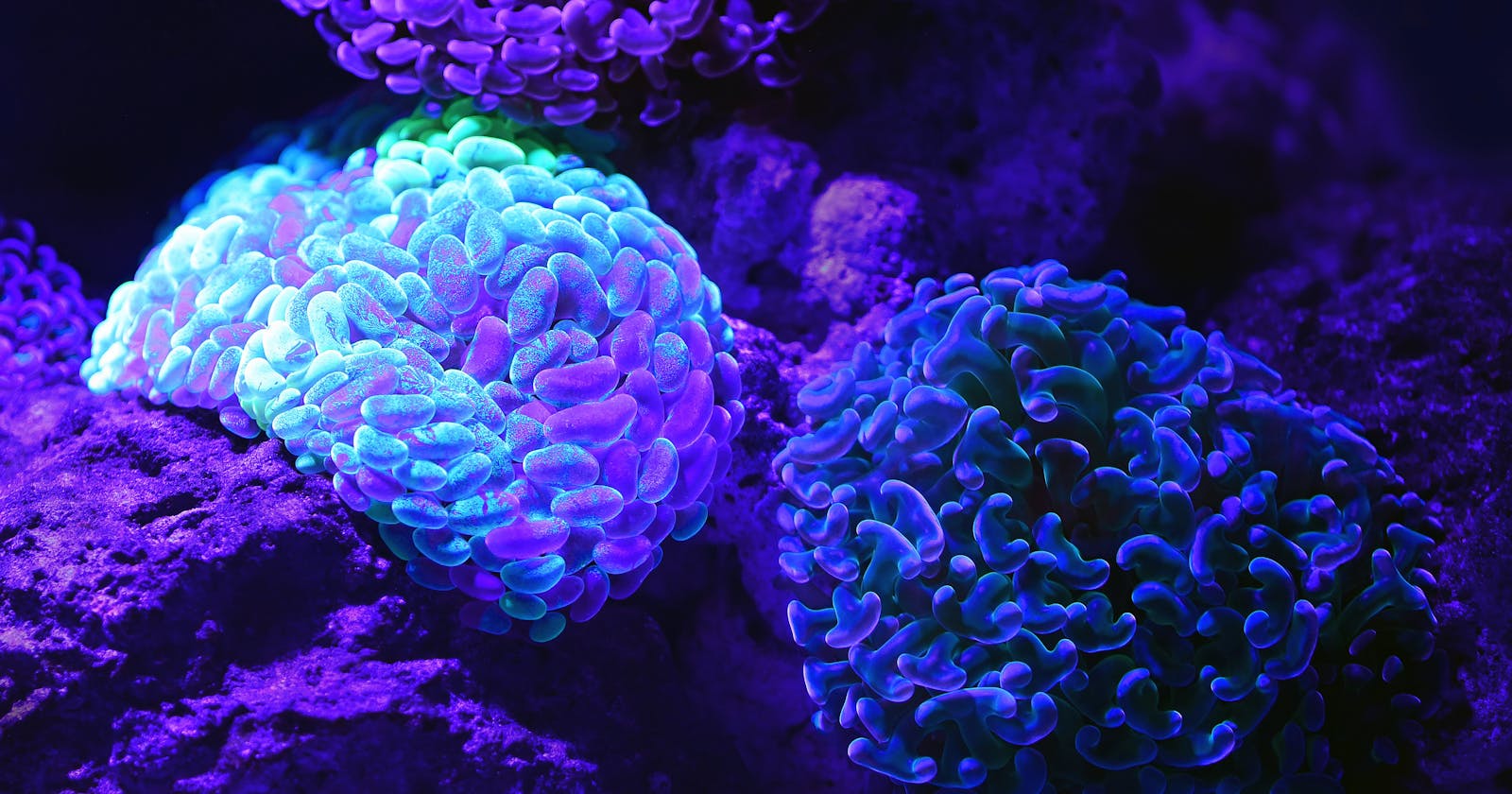The 21st century - a technological epoch where experimental laboratories offer us a window into our own minds, yielding astonishing revelations. In the 17th century, the prevailing belief was that animal brains bore no relevance to our own, dismissing them as mere intricate machines. Animals, it was thought, possessed sensory and motor systems devoid of any connection to the human brain. In simple terms, studying animals was considered irrelevant to understanding our own neurological workings.
As time progressed, new ideas emerged, notably Charles Darwin's theory of evolution, which continues to hold paramount importance today. Darwin posited that our brains are interlinked with those of other species. Thus, by scrutinizing animals and conducting brain experiments, we could gain insights into how our brains react to various stimuli. This foundational hypothesis paved the way for the birth of neuroscience, the multidisciplinary study of neurons.
Neuroscience delves into the complexities of the brain's nervous system. It enables us to comprehend the mechanics underlying our behaviors, cognition, emotions, and other facets of the human experience, ushering in a novel understanding.
One recent phenomenon is the growing interest in Huberman's lab over the past two years. This research has captivated individuals intrigued by unraveling the mysteries of the brain and optimizing our nervous systems for maximum benefit. Huberman's podcast distills this intricate science into an accessible format, allowing us to harness this knowledge for our advantage.
However, along with this knowledge comes a potential dark side. The widespread dissemination of these concepts opens doors to both ethical and unethical utilization. The power of this information can be harnessed for good or exploited for less virtuous purposes. We're now capable of analyzing compulsive behavior, potentially manipulating others' minds to act without contemplation. This potential for misuse highlights the need for ethical consideration.
Yet, for those armed with self-awareness, a different path emerges. Armed with this knowledge, we can thwart attempts at manipulation, leveraging it to our own benefit. This self-empowerment enables us to ascend to our loftiest aspirations, transforming us into resilient and unstoppable forces. Armed with the knowledge of these concepts, we attain a level of neurological autonomy, enabling us to fend off any negative influences.
I must reiterate, this is the age of technological innovation – the 21st century. However, as our technological journey advances, our preparedness must match this pace. The influx of information requires us to cultivate ceaseless self-awareness to safeguard ourselves against potential pitfalls. It's a call to action, much like the rallying cry of the Spartans: "SPARTANS, WHAT IS YOUR PROFESSION? MARCH!!"
Several vital molecules in our nervous system profoundly shape our behavior and decision-making. Among them, dopamine stands out. Dubbed the "feel-good" neurotransmitter, dopamine is intricately linked to pleasure and encompasses a range of cerebral processes. It's the catalyst for action, driving our motivation. We categorize desires based on their potential to generate dopamine – a hierarchy of importance rooted in its potential to elicit pleasure. Activities intertwined with our survival mechanisms tend to produce more dopamine.
However, as our sophistication grew, we encountered substances capable of excessively altering our dopamine circuits, seen notably in drug abuse. These chemicals flood our brains with dopamine, leaving our systems haywire and yearning for more. This process is eloquently explored in "The Molecule of More."
We, as humans, are hardwired to evolve. Yet, we must be vigilant against traps that mimic developmental patterns. Video games provide an apt example. While they offer a sense of accomplishment, it's confined to the game world. Progress within this realm is a trap - it improves us in an arena that holds little real-world value. This phenomenon, aptly termed a "shadow career" by Steven Pressfield, is a route that leads nowhere.
To stimulate change, to awaken neuroplasticity within our brains, a symphony of neurochemicals must orchestrate. One standout player is dopamine, as previously discussed. Additionally, citicoline and epinephrine also wield considerable influence in facilitating neuroplasticity.

